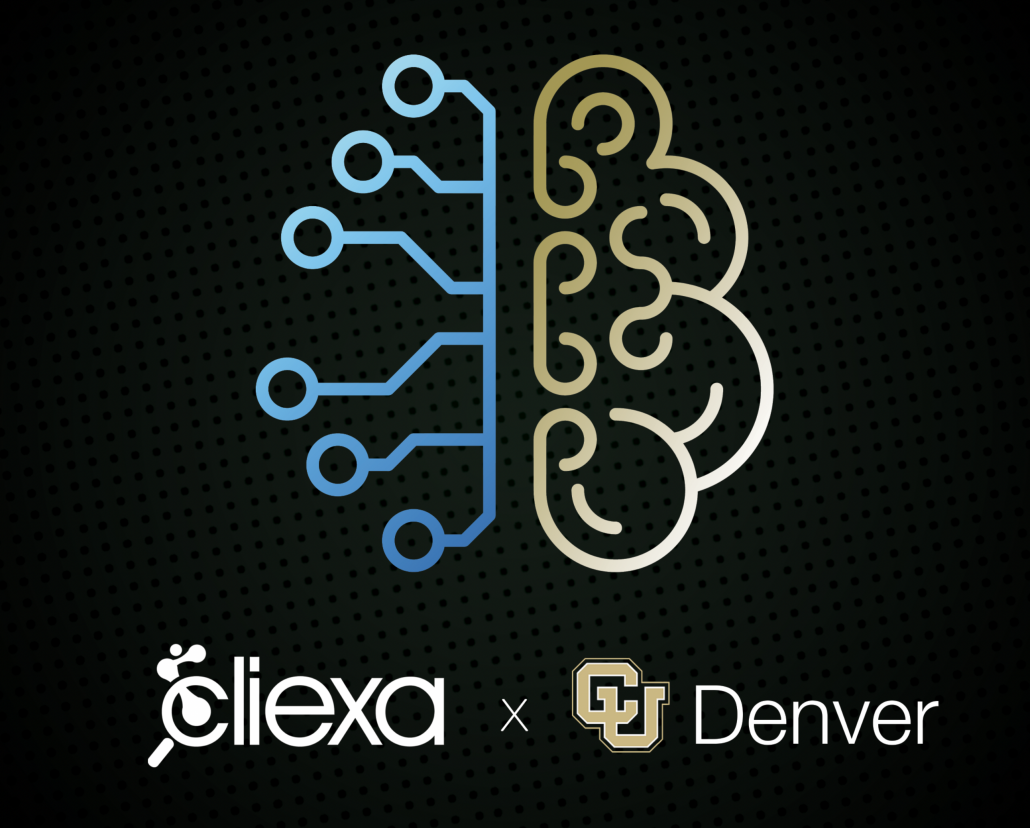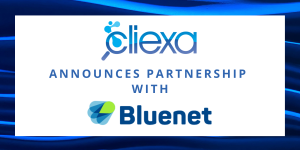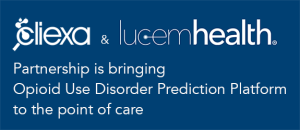With a team of Computer Science students from the University of Colorado Denver, cliexa built its’ first artificial intelligence software. This AI Model assesses the comparative impacts of behavioral health metrics on the risk of opioid addiction. The project is our initial AI model, contributing to our larger goal of unleashing the power of AI in healthcare.
The Senior Design Program
The Senior Design Program at the University of Colorado Denver partners with local companies to mentor students on a cumulative project for software development. Organized by Debra Parcheta and the School of Computer Science and Engineering, students in the Senior Design class use their prior learning and experiences to design and build working software for real-world problems. We’re proud to sponsor a project for the 2019-2020 academic year, which resulted in our first AI model.
The Initial Project Proposal
Tackling our first AI project was a daunting task, but we knew this would lead to opportunities across other subspecialties. Our initial brainstorming session produced the design of a convolutional neural network algorithm. This method enables the algorithm to flag potential flareups, unplanned hospitalizations, and other risk factors. We recognized that if we could harness the power of AI to identify correlations within patient-reported data, our platform could revolutionize the personalization of healthcare.
This initial project proposal proved to be a larger concept than what was feasible in a 9-month project timeline. The idea behind this served as the driving factor in the development of our resulting AI model. We narrowed our focus on integrated pain management, where we developed something truly novel in digital health technology.
The Artificial Intelligence Model
Our team, led by Research & Development Lead, Ronald Berry III, consisted of three students: John Williams, Mengistu Shuma, and Uriah Moeller. Over the first semester, our project scope honed in on integrated pain management. After outlining technical specifications, we landed on the idea of improving the risk stratification of modern pain management to flag at-risk patients based on a myriad of behavioral and physical health assessments.
Throughout development, the students made the decision to pursue a convolutional neural network, rather than an alternative form called clustering. When the overarching architecture was decided on, the team went to work on their first-ever machine learning model. They structured the model with seven assessment inputs with an output structure of “low”, “medium,” and “high” risk for potential opioid misuse or addiction. Once the initial structure was defined, the students utilized 1,300 unique de-identified data points to test the model.
The final challenge was fine-tuning the algorithm to obtain an accurate output in relation to the Screener for Opiate Addiction in Patients with Pain (SOAPP-14). Widely used in pain management, the SOAPP-14 is the gold standard for identifying chronic pain patients’ risk of opioid addiction. Upon the final iteration, the AI model achieved a 96.3% accuracy when compared to the SOAPP-14.
Without a doubt, this project proved successful across all deliverables outline in the project specifications. While our model is accurate in comparison to the SOAPP-14, we plan to clinically validate our tool for pain management.
Applying AI in Healthcare
With a background in Computer Science, Mehmet Kazgan has a comprehensive understanding of machine learning and neural networks. This experience, in addition to his time as VP of Engineering at Aetna, establishes him as an expert in leveraging AI technology in modern healthcare as our CEO & Founder. Over the past year, Mehmet joined industry leaders to discuss the role of artificial intelligence in modern healthcare.
#AskTheCEO Podcast
Back in March, we joined the #AskTheCEO podcast with Avrohom Gottheil in a thorough conversation on how cliexa aims to implement machine learning on the Azure Marketplace. The two discuss the importance of utilizing innovative technology to stay at the forefront of patient care. With data collection and AI capabilities rapidly advancing, we hope to see this shift across healthcare.
Colorado Advanced Industries Grant
Fast forward to May, the Colorado Office of Economic Development and International Trade awarded our team the Advanced Industries Accelerator Grant with the purpose of developing a machine learning module for cardiovascular risk. The Colorado OEDIT Advanced Industries Early-Stage Capital and Retention Grant is designed to support early-stage start-ups with viable products that meet a market need and are established in Colorado. Our proposed project is to expand the cliexa-PULSE home-health monitoring platform and develop a predictive risk model for cardiovascular disease. This machine-learning algorithm would expand upon this model for opiate risk and reconfigure to analyze for risk of cardiovascular disease.
Who Would Have Thought Podcast
A few weeks ago, Robert Niichel and Sacha Heppell with SmartTab interviewed Mehmet on their podcast where they took a deep dive into the value of patient-reported data in AI models. In this episode, they discuss the value of patient-reported data and how cliexa leverages artificial intelligence (AI) in the platform. Some of the key topics include improving Crohn’s disease outcomes, patient-centered tools, data in healthcare, and the future of AI.
Featured Publication with CU Boulder’s CANLab
Most recently, our partners at the CU Boulder’s CANLab published their research on applications of AI in chronic back pain. Their focus on patients’ emotional health and its’ impacts on pain severity leverages machine learning to predict future episodes. For the full publication and more information on this fascinating research, check out our announcement!
The Future of AI in cliexa
So now what? Where are we going from here with our AI goals?
In short, the opportunities are endless. As a subspecialty agnostic platform, our long-term goals with AI will expand to other areas outside of integrated pain management. Already, partnering with the American College of Cardiology, our focus shifts to an interventional AI risk model for cardiovascular diseases. As our experience with machine learning expands, we aim to find institutional partners to enter the world of AI with. To get in touch with our team, reach out via our Contact Us page.
Our Next Steps
Although COVID-19 changes the outlook of this upcoming academic year, we are proud to sponsor another project with UCDenver. We look forward to working with our 2020-21 cohort of students on a new project exploring the workflows for claims verification.
Congratulations to John, Mengistu, and Uriah on graduating this past May and best of luck to you all on your future endeavors!





